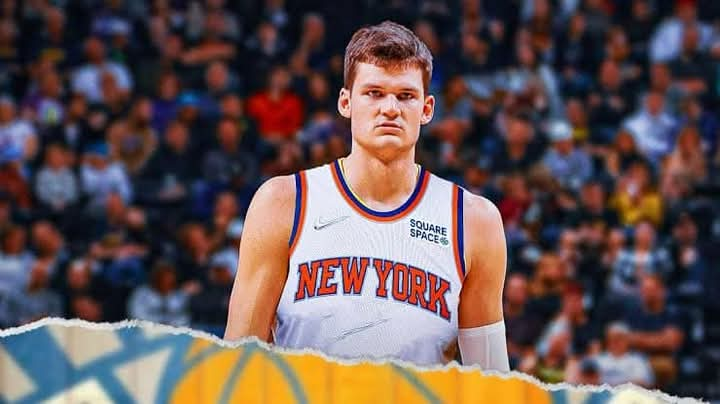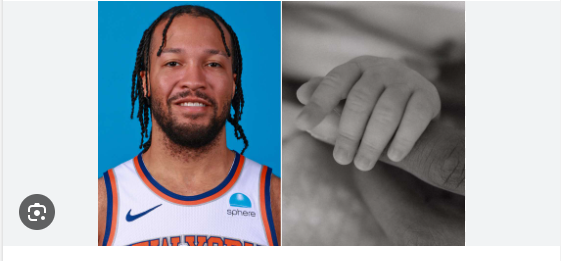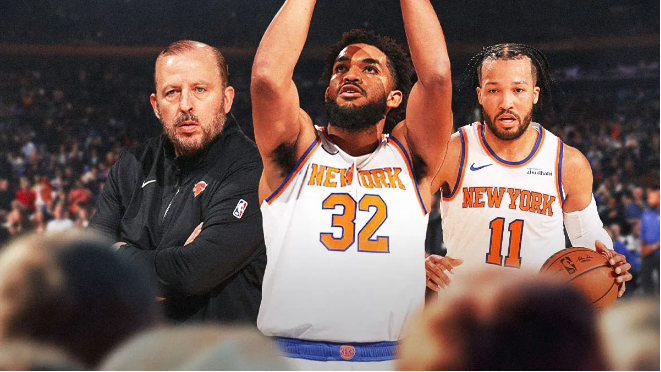This proposed trade could be a win-win for both the Knicks and the Jazz, depending on their respective priorities. Here’s a deeper dive into the implications of this deal:

For the Knicks:
1. Depth at Center: Walker Kessler would address the Knicks’ glaring need for reliable depth behind Karl-Anthony Towns. With Mitchell Robinson’s injury history and Jericho Sims’ limited offensive skill set, Kessler provides a dependable option who can step in as a starter if needed.
2. Defensive Presence: Kessler’s elite shot-blocking and rebounding (2.5 blocks, 11.3 rebounds per game) bolster the Knicks’ interior defense, complementing Towns’ offensive prowess. This balance could be pivotal in high-stakes playoff matchups.
3. Long-Term Potential: At just 22 years old, Kessler fits the Knicks’ timeline, offering both immediate impact and room to grow alongside their core of Brunson, Bridges, and Anunoby.
For the Jazz:
1. Draft Assets: The Jazz continue to stockpile picks, acquiring a first-round swap and multiple second-round picks. This aligns with their long-term rebuilding strategy under Danny Ainge.
2. Tyler Kolek: While Kolek is unproven at the NBA level, his college success and playmaking skills make him an intriguing developmental piece. Utah can afford to take a chance on him as they focus on the future.
3. Style Fit: With John Collins and Lauri Markkanen thriving in more versatile frontcourt roles, the Jazz might view Kessler as expendable despite his defensive strengths.
Challenges and Considerations:
1. Knicks’ Asset Management: Giving up multiple second-round picks and a first-round swap could deplete the Knicks’ draft capital, limiting flexibility for future moves.
2. Jazz’s Evaluation of Kessler: While Kessler’s offensive limitations may not fit Utah’s evolving system, his defensive impact is significant. The Jazz must weigh his value against the draft assets and Kolek’s potential.
3. Fit with Towns: If the Knicks plan to experiment with double-big lineups, they must ensure Kessler and Towns can coexist without compromising spacing.
Verdict:
The trade makes sense for the Knicks if they’re fully committed to contending now, as Kessler would solidify their rotation and give them an edge in the playoffs. For the Jazz, this deal hinges on their willingness to part with Kessler for draft capital and a developmental guard.
If both teams see this as a pathway to their respective goals, it could be a mutually beneficial move.



